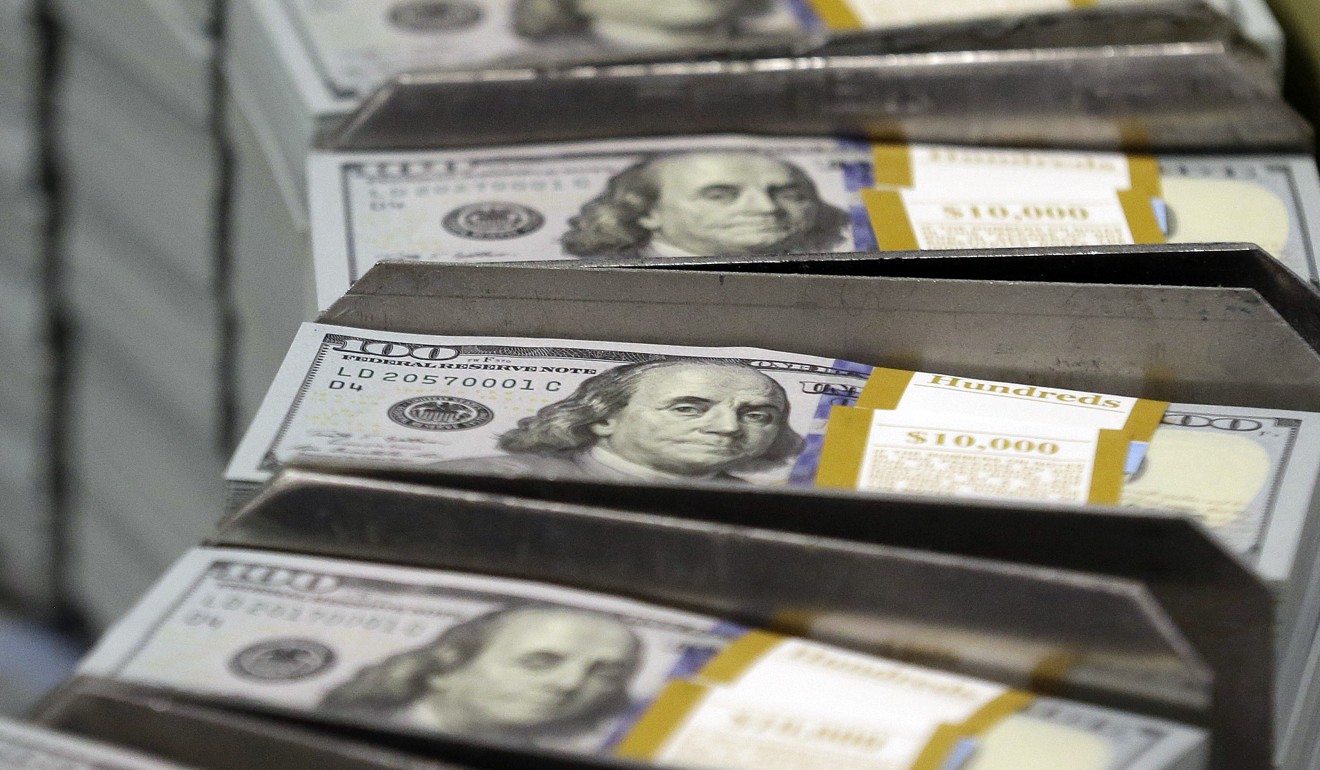
Global capital seeks to ‘act locally’ in 2020 as US-China trade conflict raises investment uncertainties: survey
- Investors look for businesses relying on domestic revenues next year in a shift to avoid international headwinds
- ‘Companies focused on consumer spending are less impacted by geopolitical uncertainty,’ analyst says
Global investors plan to deploy their money next year in businesses that rely on domestic revenues, analysts say – a sign that capital is shifting to avoid the headwinds of rising protectionism as the world grows less interconnected.
Geopolitical issues are expected to drive the markets in 2020, more than business fundamentals such as revenues and profitability, according to the newly released UBS Investor Watch on the Year Ahead. The poll surveyed more than 3,400 high-net-worth investors with at least US$1 million in investable assets.
Overall, three out of four survey respondents said they found the investment environment more challenging than five years ago and close to 60 per cent planned to increase their cash reserves from an already elevated level of 25 per cent of their assets allocation. Typically, investors keep the cash percentage of their portfolios in the single digits when their risk appetite is high.
Leading concerns include the US-China trade conflict, followed by the US presidential election.

To shield themselves from geopolitical choppiness, investors are looking for domestic and consumer-oriented businesses and shying away from international operations.
“Companies focused on consumer spending are less impacted by geopolitical uncertainty because the decision is not dependent on those issues,” said Min Lan Tan, who focuses on Asia-Pacific investment at UBS Global Wealth Management.
The prospects of a divided world have risen significantly as the world’s two largest economies continue to grapple in a trade war that has only intensified since it began in earnest 18 months ago.
Global funds seen buying more Chinese assets, Invesco survey shows
Even if, as expected, an interim “phase one” deal is reached, the trade turmoil between the two nations could flare up again in 2020. Moreover, China’s competition with the United States in the economic, technological and geopolitical spheres creates a challenge to the previous world order that will not be easily resolved.
In fact, given the possibility of turmoil, China could be a good investment bet for 2020 because “that's a market where 86 per cent of the revenues are derived domestically,” Tan said. And Chinese e-commerce industry is showing promise as a sector, she said.
Advisers at T Rowe Price, an investment firm based in Baltimore, Maryland, managing about US$991 billion, also regard China, especially its tech industry, as a promising candidate for 2020.
US-China trade war has caused major shift in global trade landscape, says Li & Fung
“We were on the cusp of creating two separate supply chains – one for the US and one for China – and it comes with threats and opportunities,” said Justin Thomson, chief investment officer of equity at T Rowe Price.
China’s tech sector could produce winners in any race with the US, “particularly in the semiconductor industry”, Thomson said.
“China will create its own indigenous intellectual property and there will be opportunity along the way.”

Overall, investors are feeling less in control of their portfolios and expect a more volatile 2020, according to the UBS survey.
“We see deglobalisation as a potential changing dynamic over the next 10 years,” said Mark Haefele, chief investment officer at UBS Global Wealth Management in New York.
“Technological rivalry isn’t going away. Rather than an Iron Curtain, a Silicon Curtain begins to evolve” around the globe, he said.
The UBS survey also showed investors outside the US and China – particularly in Latin America – are more worried about the trade war than investors in the two countries themselves.
“The world has been so integrated. The collateral damage from a trade conflict spreads far and wide,” said Haefele.

